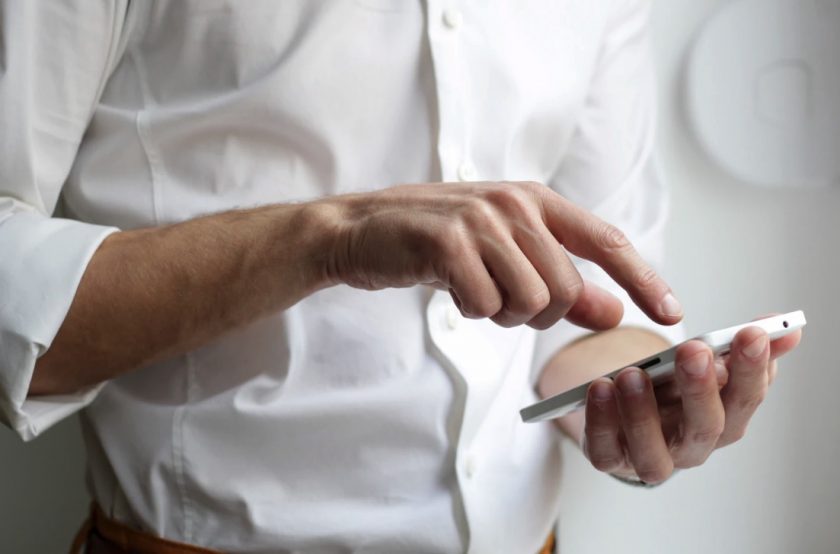Trial launched in Wales which will see people asked to phone first before going to A&E

People will be asked to phone first before going to A&E as emergency services are remodeled to respond to coronavirus, Health Minister Vaughan Gething announced today.
The telephone triage service will direct to people to the right service for their condition or injury instead of everyone automatically seeking care at their local A&E department.
The changes, which will be trialled at Cardiff and Vale University Health Board, are modelled on a successful Scandinavian scheme, and are part of a new approach to delivering safe, person-centred health and care services.
The emergency 999 service will not be affected by the changes.
Health Minister Vaughan Gething said:
“The NHS has had to adapt quickly to respond to the pandemic, while keeping staff and patients safe and continuing to deliver the urgent and emergency care services people need.
We have looked very closely at how people access urgent and emergency care services, in response to the risks and restrictions the pandemic has brought.
Lockdown saw a sharp reduction in attendances at emergency departments, and a large increase in people accessing support and advice remotely via NHS 111 and online services.
As attendances begin to return to more normal levels, these changes in how people have been accessing services over recent weeks is something leading clinicians say must be maintained.”
Evidence suggests a proportion of people who come to emergency departments do not require the expert care provided by healthcare professionals in these units and would benefit from either self care or accessing advice, health or social care in other parts of the system.
There is also emerging evidence to suggest a reduction in attendances over the course of the pandemic related in a greater number to ‘lower risk’ patients, where experience and outcomes would have benefited from accessing advice or care elsewhere.
In the last month as increasing numbers of people have sought treatment at emergency departments – a return to a ‘normal range’ of activity – some health boards have reported queues forming outside as a result of the reduced space inside departments to prevent the spread of coronavirus.
The Royal College of Emergency Medicine (RCEM) and the Royal College of Physicians have expressed concerns about the safety of people and staff if emergency departments become over-crowded.
RCEM has spoken of an urgent need to change from a service model with unlimited numbers of people attending emergency departments in an uncoordinated way, which can make it difficult to keep staff and patients safe.
Cardiff and Vale University Health Board’s pathfinder approach – the CAV 24/7 phone service – is designed to help people who want or need urgent care to access the right advice or treatment in the right place. It will be launched next month.
People who call the service will be directed to the most appropriate service for their need.
This could mean people will be encouraged to self-care or sign-posted to a more appropriate service in their local community or be directly booked in for a personal appointment in an urgent care centre or emergency department.
The Health Minister added:
“People with life-threatening or serious conditions should continue to access services in the usual way but, with new physical distance measures in place, we need to better manage people with less severe conditions in their local communities or schedule urgent appointments to avoid over-crowding and queuing outside departments.
We do not want to see large families or large groups of people congregating in departments, so we can protect people who are at risk, vulnerable or have been shielding, but we also recognise the need to ensure people get the right service for their needs. This can often be delivered in the community.”
Dr Jo Mower, National Clinical Director for Unscheduled Care and vice president of RCEM, said:
“We recognise the efforts made by the public to use emergency care services sensibly during the pandemic and thank them for this. However, we must learn to live alongside coronavirus and we never want to see overcrowding and long waits for a bed return to our emergency departments.
We are working with Welsh Government to ensure patients are seen in the right place, which may be in the community, and by the right clinician, first time.”
Spotted something? Got a story? Email: [email protected]
Latest News
